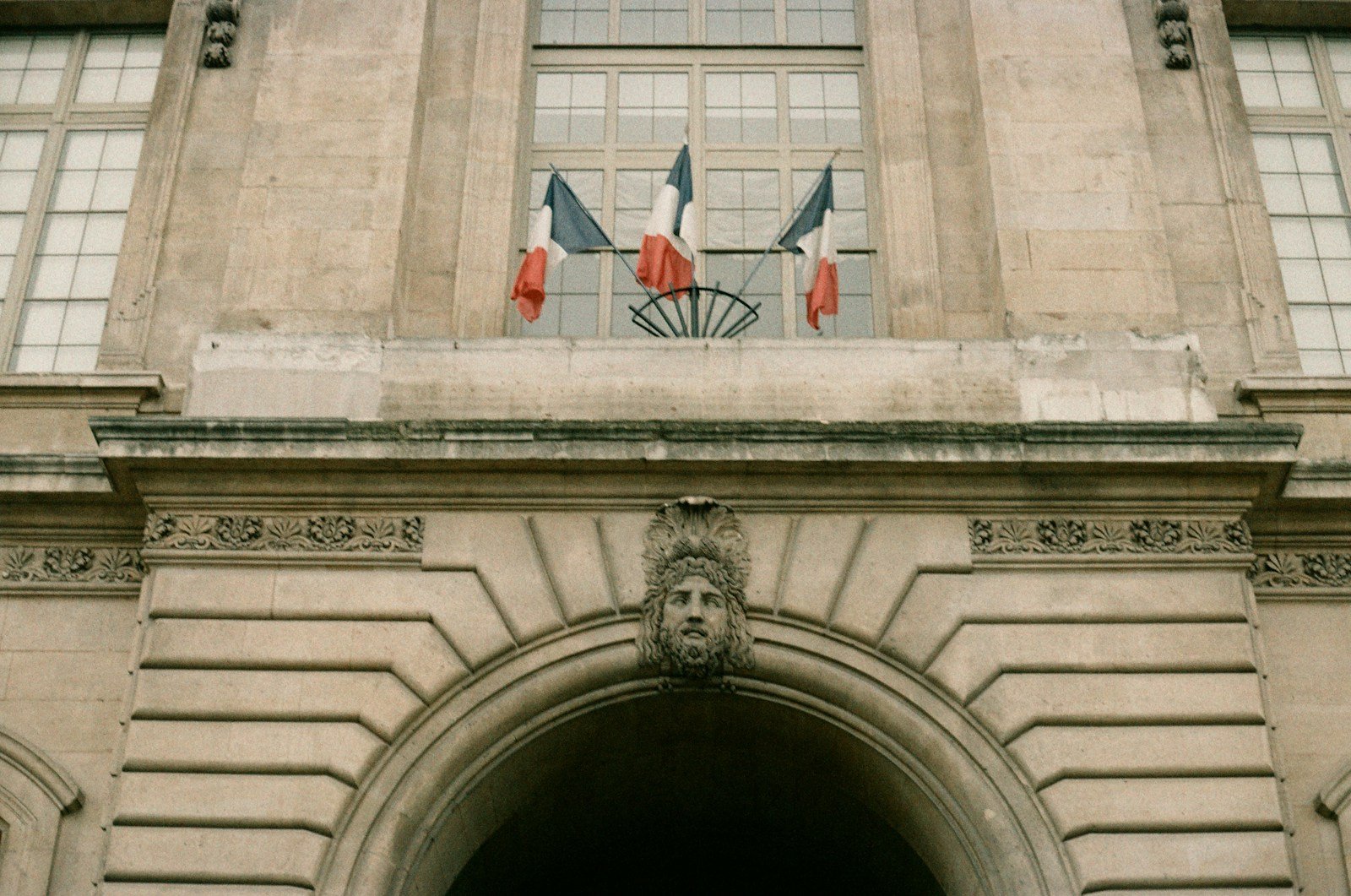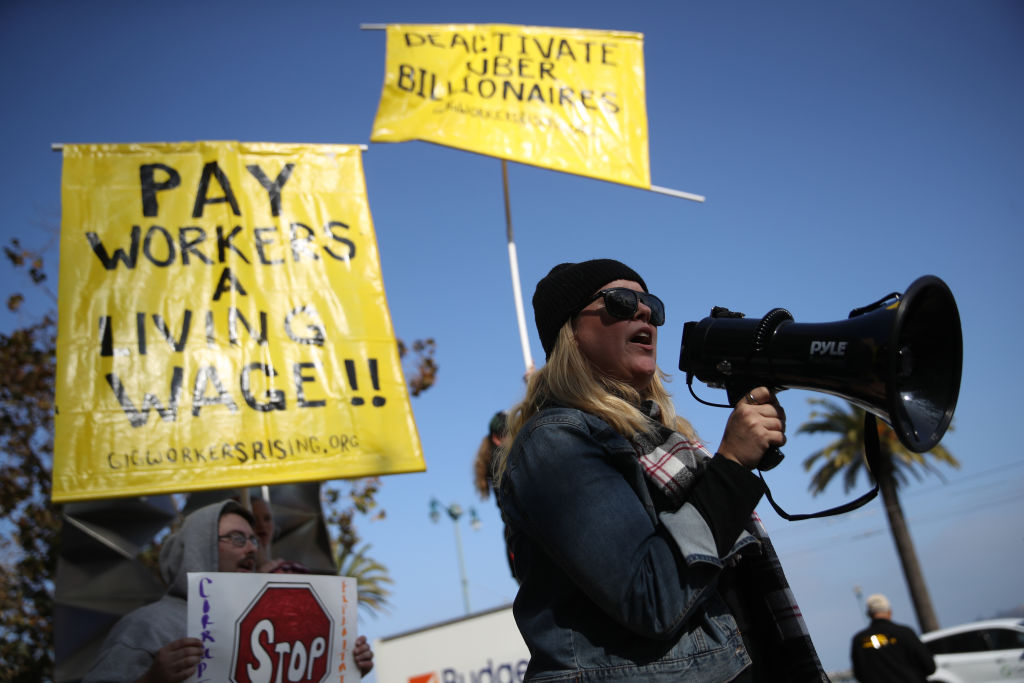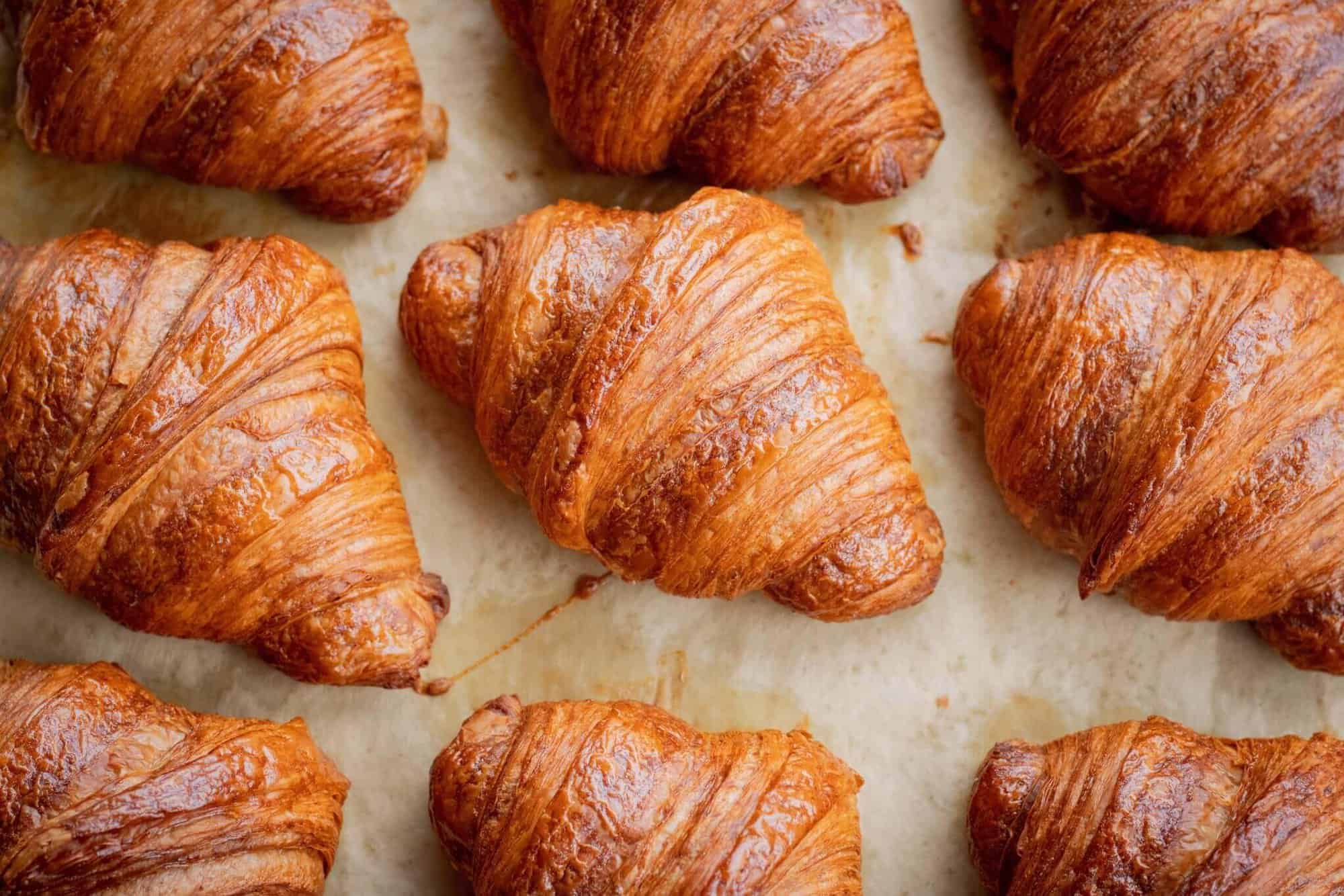A new low on US democracy support
Trump's performances in Riyadh and with Ramaphosa in the White House further darken an already grim picture.
Thomas Carothers is director of the Democracy, Conflict and Governance Program at the Carnegie Endowment for International Peace.
U.S. President Donald Trump delighted his Saudi hosts in Riyadh on May 13, telling them America wouldn’t be giving “lectures on how to live” under his watch. To an audience rich with members of a government that has, for decades, engaged in systematic repression — earning it a political rights score of 1 out of 40 in the 2024 Freedom House report — this was great news. The mood in the room was jubilant.
Yet, this speech somehow came on the heels of a series of stinging criticisms Trump and his advisers levied against the democratic South African government, for what his team falsely calls “genocidal” practices against white farmers in the country. And as South African President Cyril Ramaphosa sat in the Oval Office just eight days after the U.S. leader’s no-lecture speech in Riyadh, he received . . . a harsh lecture on how to live.
Prior to this embarrassing set of mismatched actions, Trump and his team had already done cataclysmic damage to America’s standing as a supporter of democracy and human rights in the world: They disparaged multiple democratic allies, threatened some of them with territorial grabs, blamed Ukraine for being invaded by Russia, spoke in support of illiberal right-wing leaders or parties in various democracies, dismantled approximately 90 percent of U.S. assistance directed at supporting democracy abroad, announced a planned evisceration of the State Department’s annual human rights reports, and disbanded the National Security Council’s staff directorate devoted to democracy and human rights.
But Trump’s performances in Riyadh and with Ramaphosa in the White House take this one-country race to the bottom of democracy policy to an even further low.
U.S. democracy support has long existed with a certain amount of inconsistency. Over the decades, Washington has often gone easier on the dubious political practices of certain authoritarians who provide security and economic benefits to the U.S., while being tougher on those who don’t. But Trump’s glaring, in-your-face assurance of an easy ride to a room full of autocrats one day, followed by him tearing into a friendly democratic government a week later, give this inconsistency a whole new meaning.
Moreover, Trump’s use of obvious disinformation — the amateurish video he showed Ramaphosa, and his accompanying statements about the “over a thousand” killings of white farmers — to try and make his case has uprooted whatever U.S. credibility had survived over the last several months.

It actually used to mean something when a U.S. president raised concerns about specific democracy and human rights wrongdoings with foreign leaders. Using this unique platform to perform a falsity-laden, almost absurd charade in front of the world’s eyes renders this administration utterly uncredible as a diplomatic player in this realm.
Interestingly, however, in their efforts to twist Ramaphosa’s arm, one tool the Trump administration couldn’t invoke was the influence that comes from an active bilateral aid program.
Trump dismantling most of U.S. foreign aid — including a targeted cut-off of all aid to South Africa in February — was a stunning abandonment of an enormous part of America’s global soft power. Last year, South Africa was receiving substantial U.S support for its efforts to fight HIV/AIDS, and now those programs are gone. Of course, Ramaphosa had other reasons to try and please Trump — especially his desire to salvage U.S.-South African trade relations. But Trump’s efforts to influence him could have had greater traction if the aid relationship were still active and available as part of the negotiation.
Countries all around the world — democratic and autocratic alike — are only just starting to adjust to a global political landscape where the U.S. no longer stands on the side of democracy. Strong men are thrilled, contemplating how they’ll take advantage of this new situation to further tighten the screws at home and extend their political influence across borders. Democrats, meanwhile, are worried, wondering how Washington will hurt them beyond the many blows already delivered since January, and where they can seek protection as autocratic powers turn up the heat.
The dispiriting juxtaposition of Trump handing out free passes to autocrats in the Gulf while hectoring a notable African democracy for a genocide that doesn’t exist only further darkens an already grim picture.




















:quality(85):upscale()/2023/10/03/668/n/1922283/1f15c8a9651c2d209e5eb5.32783075_.jpg)
:quality(85):upscale()/2025/08/14/650/n/1922283/470aeb83689df49cdc1bb6.14084110_.jpg)
:quality(85):upscale()/2025/08/13/775/n/1922283/3c0cbead689ccd0c422644.10221678_.png)
:quality(85):upscale()/2025/01/08/844/n/1922398/cde2aeac677eceef03f2d1.00424146_.jpg)
:quality(85):upscale()/2025/07/10/708/n/1922398/8fe2782e686fe372b38bf8.29984296_.jpg)

















